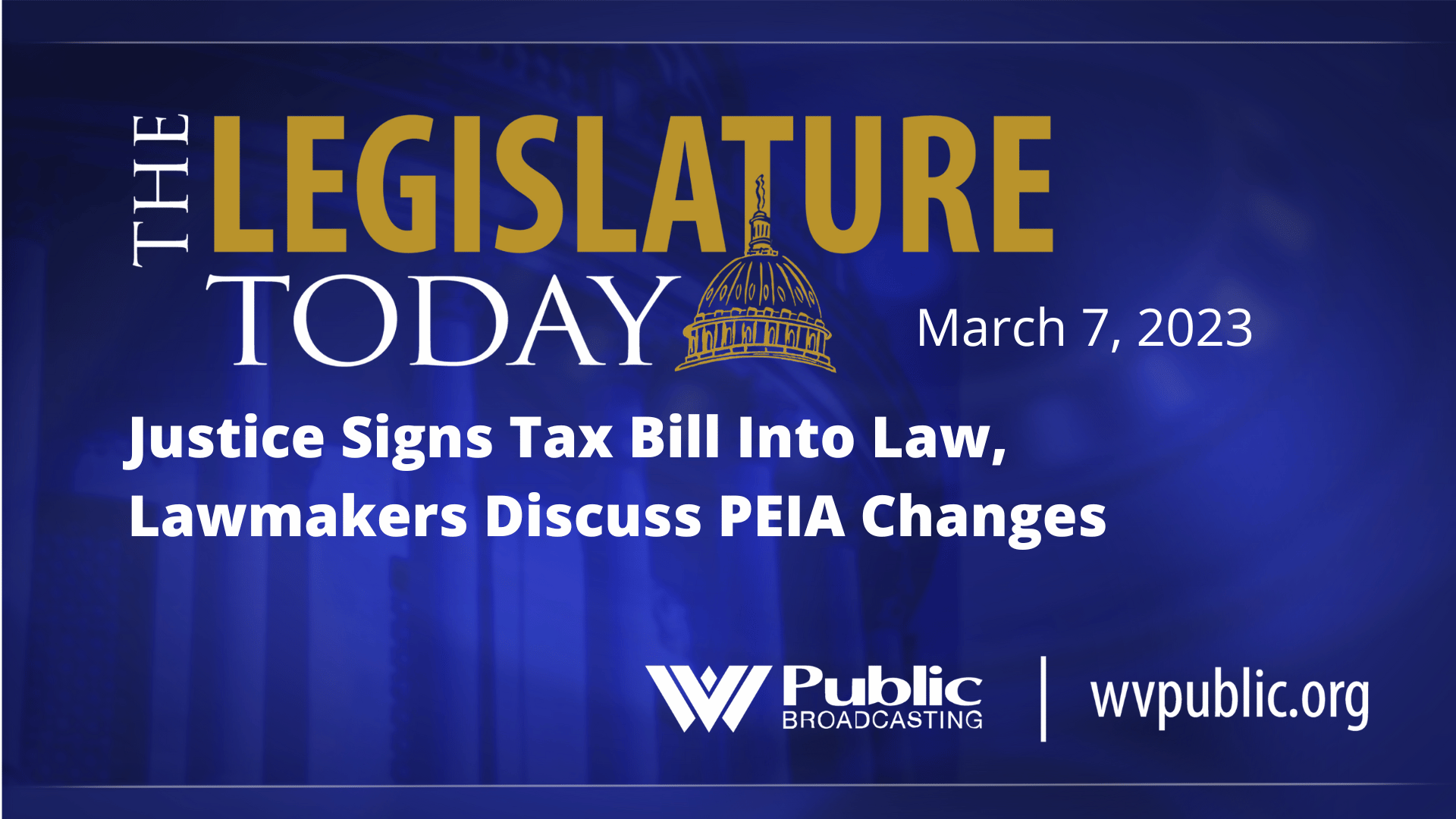On this episode of The Legislature Today, Gov. Jim Justice signed House Bill 2526 into law Tuesday. The bill includes a 21.25 percent tax cut across all six income brackets, with the governor’s office calling it the largest tax cut in state history. Government reporter Randy Yohe has the story.
With the signing of the bill, lawmakers have taken a significant step towards finalizing a budget. However, there are still some coronavirus relief monies yet to be appropriated, and significant debate on how to use them. Reporter Chris Schulz has more.
Yohe also sits down with Del. Matthew Rohrbach, R-Cabell, and House Minority Leader Doug Skaff, D-Kanawha, to discuss changes to the Public Employees Insurance Agency as Senate Bill 268 has passed through both chambers and is on the way to the governor’s desk.
It was also deaf awareness day at the Capitol, an event of understanding and education for all West Virginians.
Having trouble viewing the video below? Click here to watch it on YouTube.
The Legislature Today is West Virginia’s only television/radio simulcast devoted to covering the state’s 60-day regular legislative session.
Watch or listen to new episodes Monday through Friday at 6 p.m. on West Virginia Public Broadcasting.
